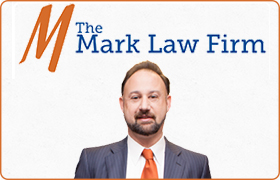Parsippany Felony Lawyer, New Jersey
Sponsored Law Firm
-
 x
x

Click For More Info:
-
Mark Law Firm
675 Morris Avenue, Suite 102 Springfield, New Jersey 07081 » view mapCar Accident Call Now For A Free Initial Consultation
Life changes drastically in the aftermath of a serious accident or injury. Emotional and financial ramifications can also be extensive.
800-736-9780  Jamison Mark Basking Ridge, NJ
Jamison Mark Basking Ridge, NJAttorney At Law - NJ, 2000
Widener University SOL, J.D. - 1999
 Overview
OverviewMark Law Firm is a full-service firm representing the interests of its clients.
 Testimonials
Testimonials"He is certainly one to go to the limit for his clients and his friends."
Ron Bar-Nadav
✓ VERIFIED *Status is reviewed annually. For latest information visit hereBar-Nadav Law Offices is a legal service in Hackensack, NJ specializing in criminal law cases. With years of experience in NJ criminal law, we’re co... (more)
Charles Marvin Grossman
FREE CONSULTATION
CONTACTGwendolyn O. Austin
FREE CONSULTATION
CONTACTScott A. Gorman
Laura C. Sutnick
FREE CONSULTATION
CONTACTAnthony Palumbo
FREE CONSULTATION
CONTACT

